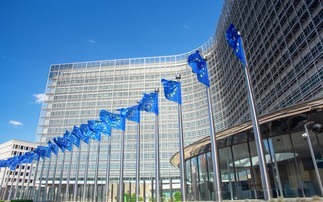Apollo Energy makes the case for scrapping the Carbon Reduction Commitment and ending the "train-wreck" it has become
The original Carbon Reduction Commitment, later renamed as the CRC Energy Efficiency Scheme, was meant to be a prestigious carbon emissions trading scheme with reputational and financial benefits for those...
To continue reading this article...
Join BusinessGreen
In just a few clicks you can start your free BusinessGreen Lite membership for 12 months, providing you access to:
- Three complimentary articles per month covering the latest real-time news, analysis, and opinion from Europe’s leading source of information on the Green economy and business
- Receive important and breaking news stories via our daily news alert
- Our weekly newsletter with the best of the week’s green business news and analysis







